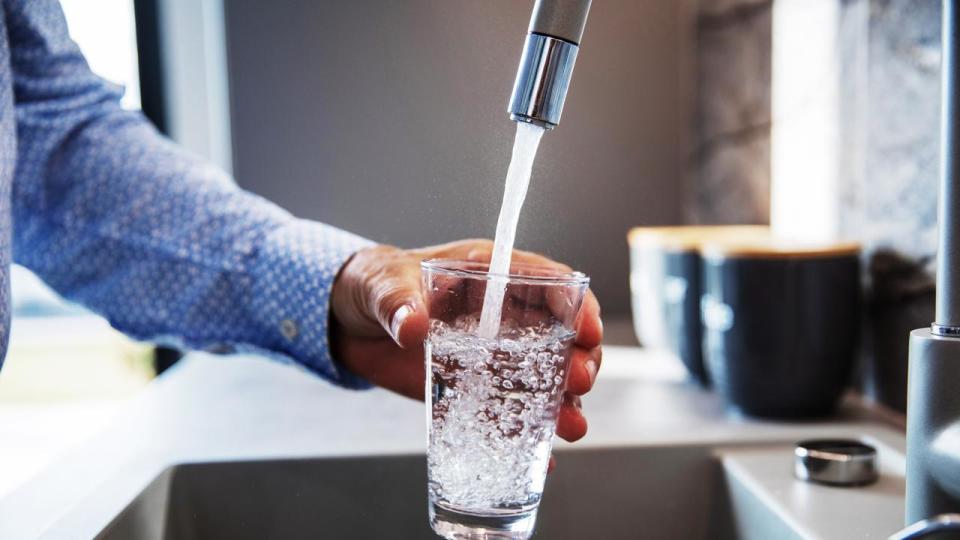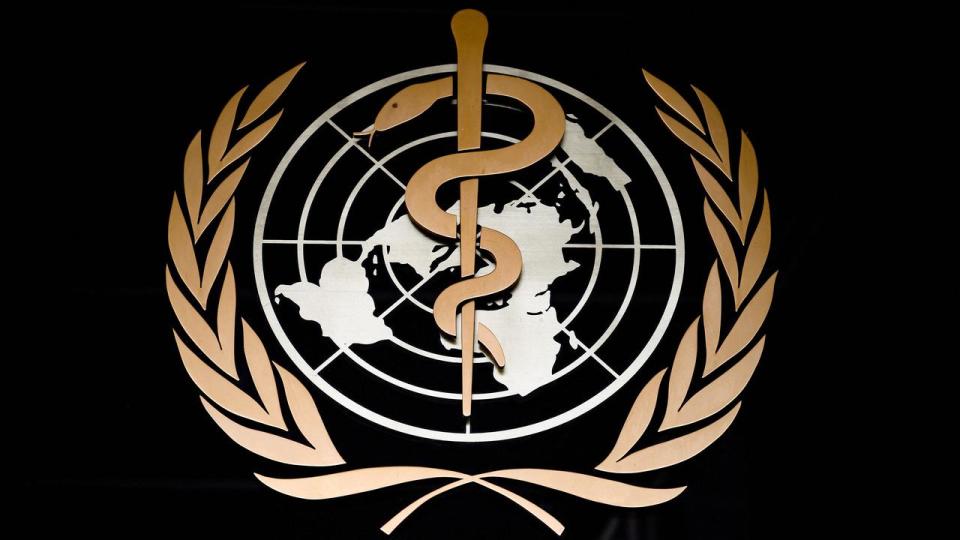Big problem with Aussie tap water exposed
Analysis by The Sydney Morning Herald shows particular chemicals have been found in the drinking water of up to 1.8 million Australians since 2010, including in Canberra, Queensland, parts of Sydney, Newcastle and Victoria.
Those particular chemicals are “forever chemical” pollutants; perfluorooctane sulfonate (PFOS) and perfluorooctanoic acid (PFOA), which have been linked to cancers in young people and firefighters.

The chemicals became ubiquitous since development in the 1940s, making jackets waterproof, carpets stain-resistant, frying pans non-stick and were used in firefighting foam.
In 2023, manufacturing multinational 3M reached a $10.3bn settlement with US public water bodies in the face of more than 4000 lawsuits filed against 3M and other chemical companies.
They are forever chemicals because in effect they do not break down and accumulate in the human body.
The World Health Organisation deems PFOA as carcinogenic to humans and PFOS as possibly carcinogenic to humans and connected the forever chemicals to increased cholesterol, immune system suppression, hormone interference and developmental issues in children.

The SMH report, published on Tuesday, has exposed a gap in Australia-wide testing for these chemicals, as the last widespread study came in 2011.
That University of Queensland research found the chemicals in about half of its samples taken from cities and regions.
This year the US government slashed its maximum limits of PFOA and PFOS in drinking water to four parts per trillion.
Australia’s bar is set at 560 parts per trillion for PFOA and 70 parts per trillion for PFOS.
Publicly available data shows since 2010 drinking water in the Sydney suburbs of Blacktown, Campbeltown, Emu Plains, Liverpool, North Richmond and Quakers Hill have had the chemicals, the SMH reports.
The chemicals were also found in tap water in Canberra, Footscray in Melbourne, Adelaide, the regional Queensland cities of Cairns and Gladstone, Kingborough in Hobart, and Darwin.
NSW Premier Chris Minns said the US had changed its water tolerance, and his state was examining those changes.
“I just want to make the point, particularly for Sydney metropolitan area, we’ve got a defined area in terms of our catchment for Sydney’s water, and as a result it’s generally regarded as very good when it comes to contaminants and the drinkability,” he said.
“I wouldn’t jump the gun, obviously we’re examining those US studies and want to apply the best practice … but the latest advice I have is Sydney’s water is good.”


